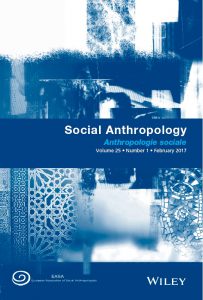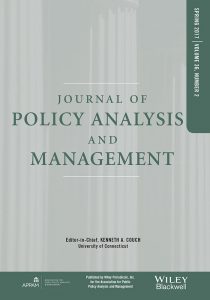Empowerment in Action: How Women’s Choices Safeguard Food Security in Uganda
In many parts of the world, women play a crucial role in agriculture and food production. Their contributions to farming, fishing, and livestock keeping are significant for food security and nutrition, especially in rural communities. However, women often face challenges that limit their ability to make decisions about what food is grown, prepared, and consumed in their households. Understanding the link between women’s overall empowerment and their specific agency in nutrition can provide valuable insights into improving food security and...



















1728-4457/asset/PopulationCouncilLogo.jpg?v=1&s=03074651676b98d6b9d0ef1234bd48fe7ff937c3)
1099-1328/asset/dsa_logo.jpg?v=1&s=e4815e0ca3064f294ac2e8e6d95918f84e0888dd)